The concept of ‘human security’ has captured the attention of both national policy-makers and independent analysts throughout Asia. Its most compelling feature is an emphasis on the social, economic, and political well being of individuals, linking international security to the community and to the individual rather than restricting it to the purview of the state. The concept is especially relevant to an Asia-Pacific region which is experiencing immense structural changes. Indeed, immense human security problems threaten to overwhelm Asian states’ capacities to resolve them: falling real incomes and rising poverty levels; destabilizing migration flows; food shortages and malnutrition; declining public health and education; and intensifying crime rates. These problems cannot be solved by deploying military forces or relying on international diplomats to fashion traditional power balances along state-centric lines. They must instead be resolved through cooperative interaction among intellectual communities, government leaders, grass-roots organisations, and the general public. Most fundamentally, governments must initiate and sustain more direct ties with those over whom they presume to serve. In this volume the authors offer several proposals for integrating traditional and human security approaches, including supplementing the ASEA Regional Forum with a more ‘Asia-centric’ security dialogue structure, developing groups of experts or ‘epistemic communities’ that could more readily influence policy-making elites in the region, and linking grass-roots environmental groups, anti-nuclear groups, and others to first and second track for a invested with identifying new regional security approaches.
Asia’s Emerging Regional Order
In stock
Free & Quick Delivery Worldwide
Bibliographic information
Title
Asia’s Emerging Regional Order
Author
Edition
1st ed.
Publisher
ISBN
8170491975
Length
x+342p., Notes; Index; 26cm.
Subjects

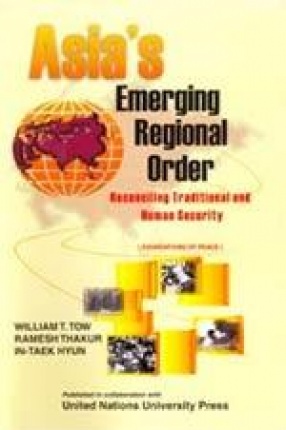
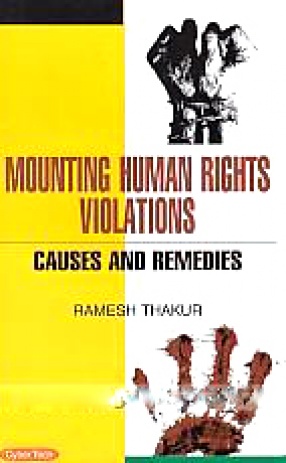
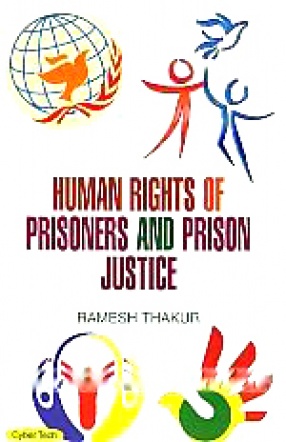
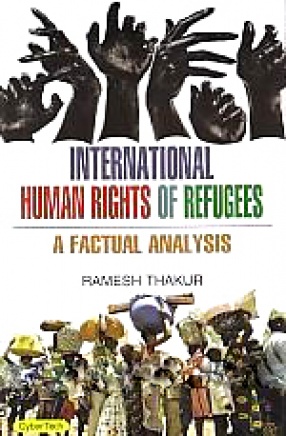
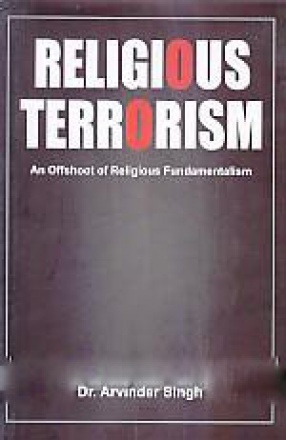
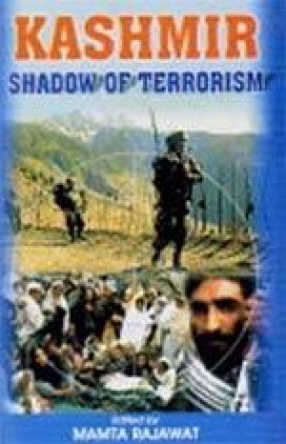
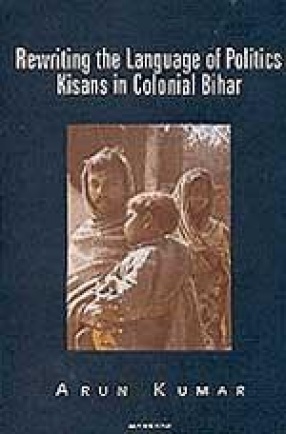
There are no reviews yet.